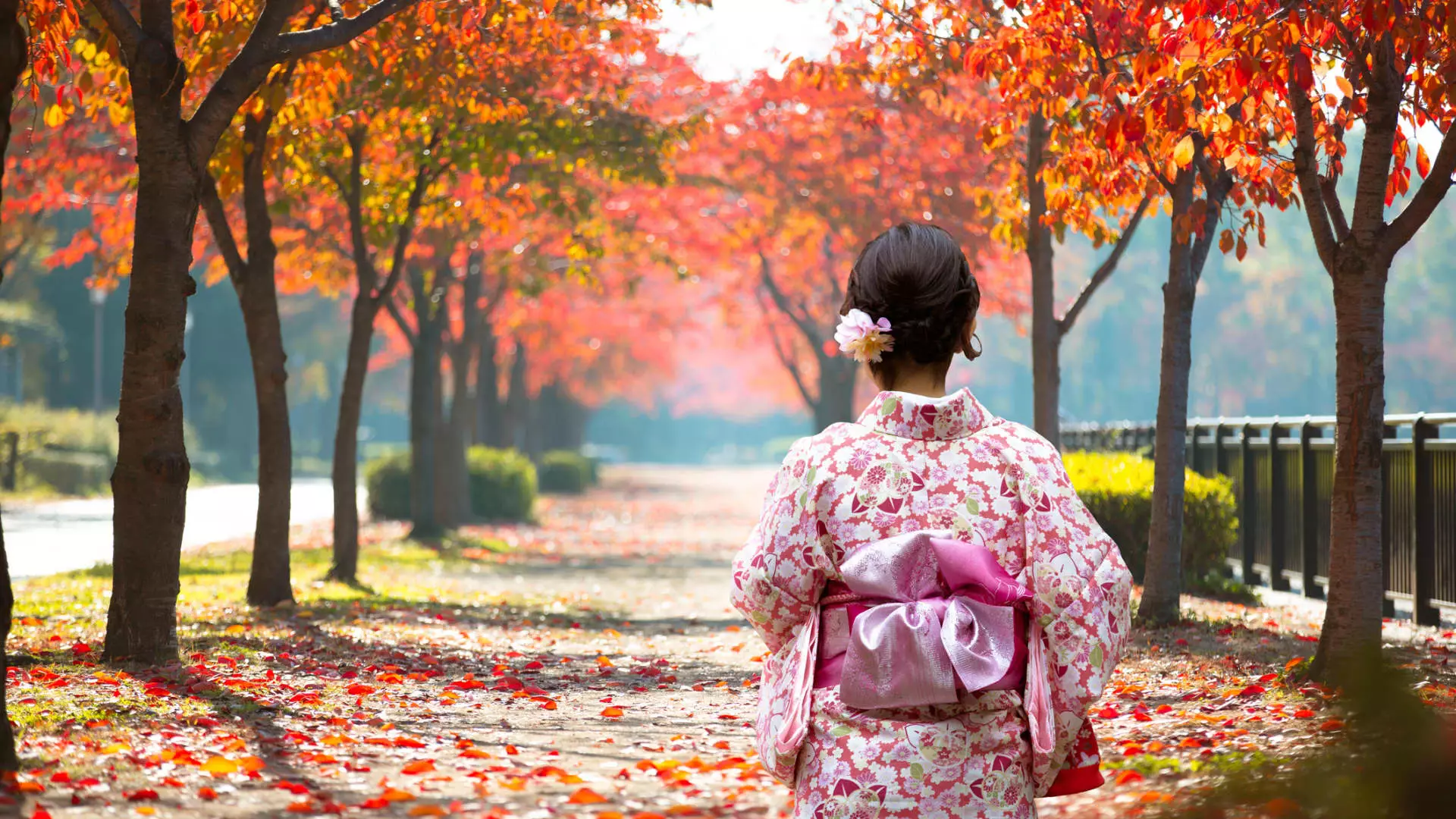Japan’s recent introduction of the Digital Nomad Visa for foreigners from 49 countries has sparked interest in living and working in the country for an extended period. However, before making the move, individuals are encouraged to read Japan’s “Life and Work Guidebook,” a resource aimed at helping foreigners acclimate to the cultural norms of the country. The guidebook, published by Japan’s Immigration Services Agency, covers various aspects such as immigration procedures, access to medical care, and housing arrangements. One of the key chapters in the guidebook is dedicated to “Daily Rules and Customs,” highlighting the importance of collectivism and respect in Japanese society.
One of the notable aspects of Japan’s cultural customs is the emphasis on minimizing noise levels in daily activities. According to the guidelines outlined in the guidebook, Japanese people are known to be considerate of others’ peace and quiet. This translates into keeping not only party and music volumes low but also being mindful of everyday sounds like voices, TV levels, and even household appliances. For instance, foreigners are advised against using washing machines or vacuum cleaners early in the morning or late at night to avoid disturbing neighbors. Furthermore, even when listening to music through earphones in public spaces like buses and trains, individuals are reminded to keep the volume low to prevent any external noise leakage.
In Japan, even the act of coughing is governed by specific etiquette guidelines. The guidebook includes a section solely dedicated to “coughing manners,” which delineates proper behavior for different types of coughs. Individuals are advised to cover their mouths with their elbows or sleeves, rather than their hands, when coughing or sneezing. Additionally, wearing a mask is encouraged, a practice deeply ingrained in Japanese culture even before the Covid-19 pandemic. The ministry attributes this behavior to the Japanese people’s consideration for others and their emphasis on personal hygiene and cleanliness.
Japan’s cultural norms extend to everyday activities such as commuting and communication. While many countries prohibit the use of mobile phones while driving cars, Japan also applies this rule to cyclists on bikes. As bicycles are a popular mode of transportation for both locals and tourists, riders are expected to adhere to parking regulations to avoid penalties. Moreover, talking on the phone in public spaces like buses and trains is discouraged, as it is perceived as impolite and intrusive to others. In a country where silence is valued, even conversing with seatmates in a loud voice can be considered a breach of etiquette.
Japan’s unique cultural practices and societal norms stem from its history of ethnic homogeneity and lower rates of immigration compared to other nations. Henri Vlahović, the managing director of Meiji Academy, emphasizes the country’s focus on preserving its traditions and values by encouraging conformity among foreigners. With immigration perceived as a sensitive topic in Japan, the emphasis on following cultural etiquette serves as a way to maintain harmony and respect within society.
Understanding and respecting Japan’s cultural etiquette is essential for foreigners looking to integrate seamlessly into the country’s society. By familiarizing themselves with the norms outlined in resources like the “Life and Work Guidebook,” individuals can navigate daily interactions with sensitivity and respect, fostering positive relationships with the local community. As Japan continues to uphold its valued traditions and customs, visitors are encouraged to embrace the rich tapestry of Japanese culture while engaging in meaningful cross-cultural exchanges.


Leave a Reply